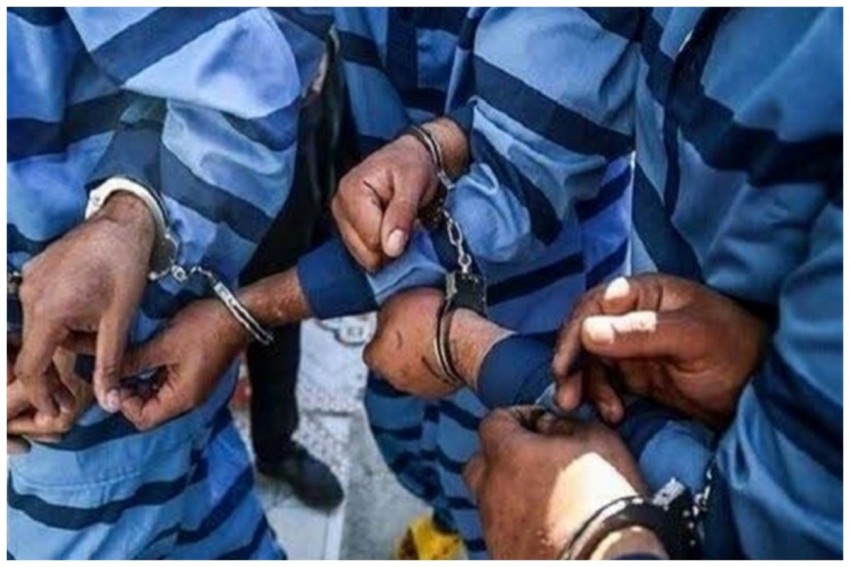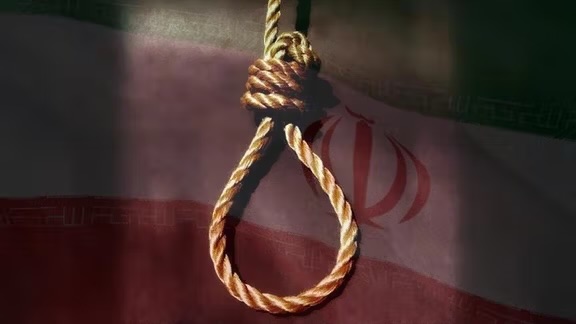
The Iranian regime has launched a new wave of mass arrests targeting the Ahwazi Arab population, with authorities accusing dozens of individuals of espionage and spreading false information—claims widely seen as baseless and politically motivated.
Amir Khalafian, the Iranian prosecutor in Ahwaz, announced the arrest of 77 Ahwazis, accusing them of spying for Israel and disrupting national security through social media activity. These accusations, however, lack any credible legal evidence and appear to be part of a broader campaign of repression.
In a disturbing development, the Islamic Revolutionary Court in Ahwaz—known for its secretive and unjust procedures—has handed down harsh sentences to 23 of the detainees on fabricated charges of espionage. These trials were conducted behind closed doors, with no transparency or adherence to due process.
Separately, the IRGC-affiliated intelligence services in Ahwaz have reported the arrest of another 26 Ahwazis, again on allegations of espionage and “spreading lies” that threaten national security.
On the eastern coast of Ahwaz, in the provinces of Hormozgan and the port city of Jambaron (Bandar Abbas), authorities confirmed the detention of at least 38 more Ahwazi individuals.
Similar crackdowns have been reported in Bushehr province and the Ahwazi region of Ilam, where 10 more citizens were arrested, with additional detentions occurring across various cities in northern Ahwaz, including Ahwaz capital, Mohammareh, Abadan, Falahiyeh, Tustar, Susa, and Sahiyeh.
The total number of Ahwazis detained so far exceeds 200, sparking serious concerns among human rights organizations. There are growing fears that many of the detainees could face harsh sentences, including long-term imprisonment or even execution.
Rights groups strongly condemn these mass arrests, describing them as arbitrary and politically motivated. They warn that forced confessions obtained under severe physical and psychological torture are being used to justify fabricated charges—practices that grossly violate international human rights laws.
Meanwhile, Iran’s judiciary continues to demonstrate its lack of independence. In a statement by Asghar Jahangir, the spokesperson for the judiciary, the regime vowed to deal “decisively” with what it called “spies and mercenaries,” reinforcing the view that the judicial system in Iran operates under political influence and without transparency.


